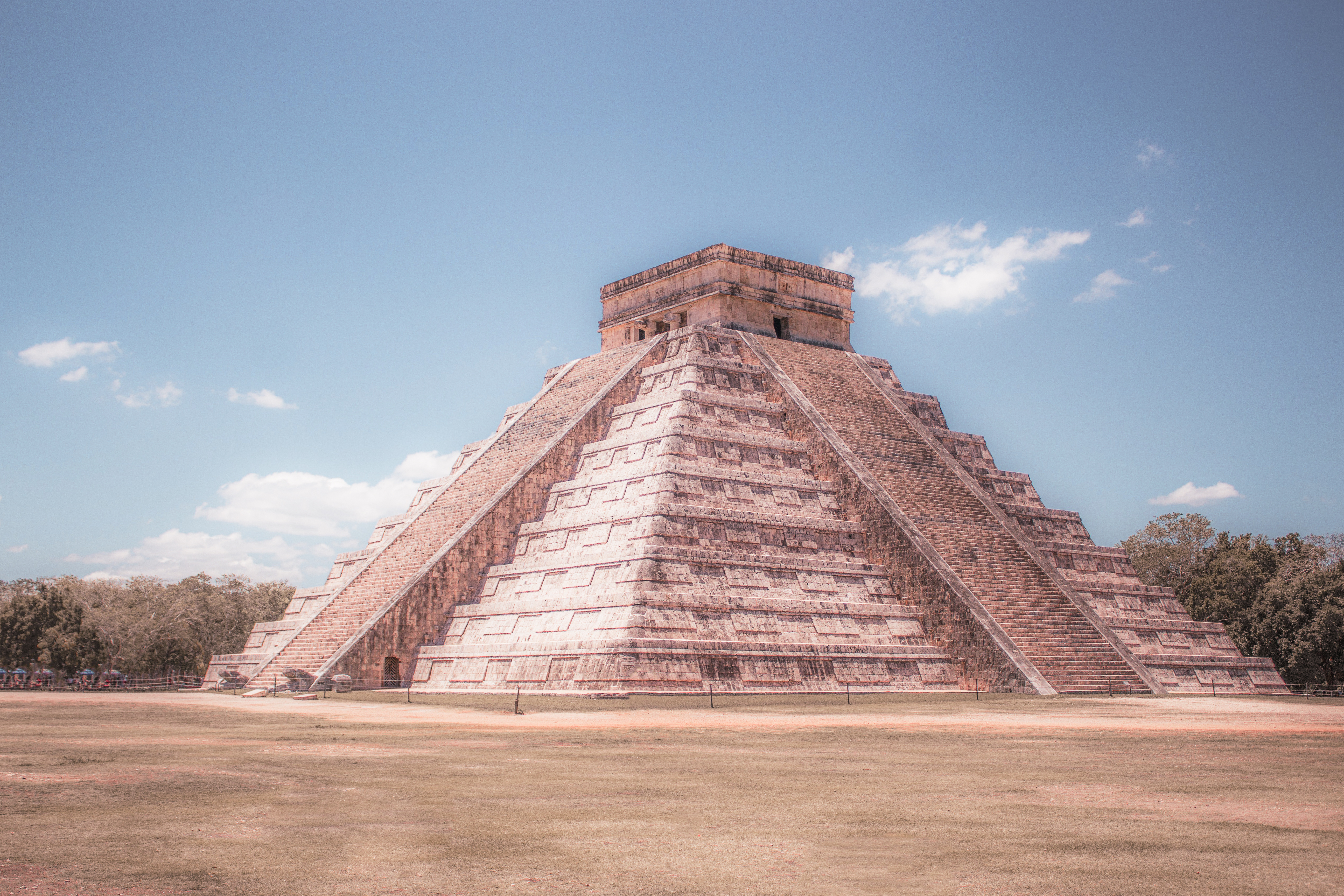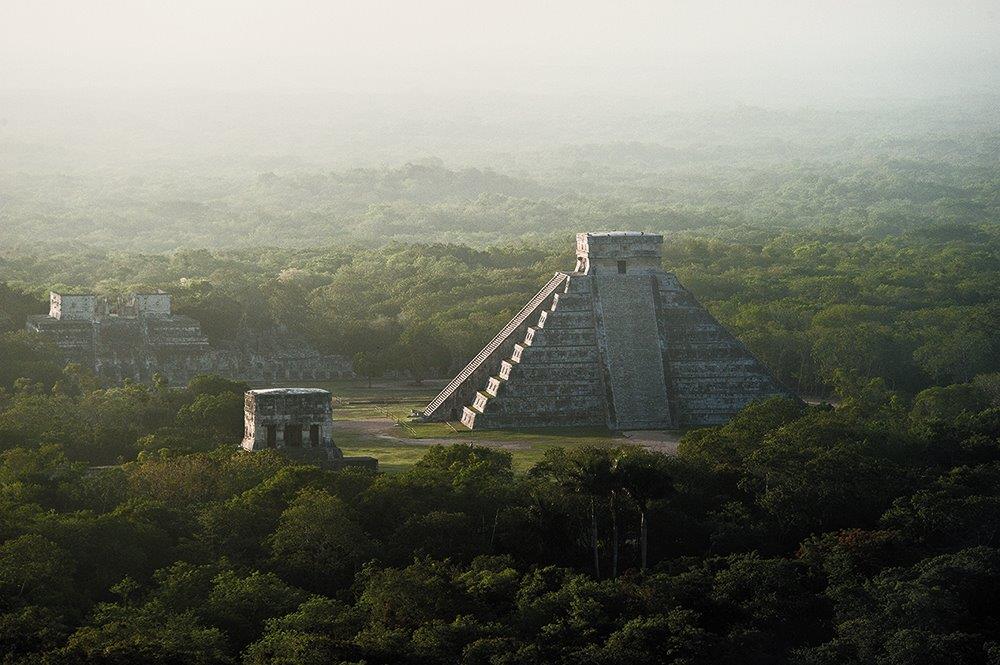Chichen Itza, an ancient city in the heart of the Yucatan Peninsula, holds profound cultural significance as it unveils the mysteries of the Mayan civilization. From its architectural wonders to its religious rituals and social structure, Chichen Itza provides a window into the rich and complex heritage of the Maya. In this article, we will explore the cultural significance of Chichen Itza, shedding light on the historical, architectural, and spiritual aspects that make it a testament to the brilliance of Mayan civilization.

Chichen Itza flourished as a prominent center of Mayan civilization from around the 7th to the 13th century CE. The city played a pivotal role in trade, political alliances, and cultural exchange, becoming a melting pot of ideas and influences from various regions.
The architectural marvels of Chichen Itza reflect the advanced engineering skills and astronomical knowledge of the Maya. El Castillo (The Castle), the iconic pyramid, showcases precise alignments with celestial events, such as the equinoxes, creating awe-inspiring light and shadow effects. Other structures, such as the Temple of Warriors and the observatory known as El Caracol, exhibit intricate carvings and precise alignments that demonstrate the Maya's mastery of architecture.
Chichen Itza's cultural significance is intertwined with the Mayan calendar and astronomy. The Maya developed a complex calendar system that allowed them to track celestial movements, agricultural cycles, and important religious dates. El Castillo's design and alignment with the sun's rays during solstices and equinoxes symbolize the Mayan connection to the cosmos and the importance of celestial observations in their religious practices.
Chichen Itza was a center for religious ceremonies and rituals that played a vital role in Mayan society. The Great Ball Court, for example, hosted the Mesoamerican ballgame, a ritualistic sport with spiritual connotations. The Temple of the Warriors was dedicated to the god Kukulkan, while the Sacred Cenote served as a site for offerings and sacrifices. These rituals were believed to ensure agricultural fertility, appease the gods, and maintain the delicate balance between the earthly and spiritual realms.
Chichen Itza provides insights into the social structure and hierarchical society of the Mayan civilization. El Castillo's design incorporates the symbolism of the four cardinal directions and the feathered serpent deity, representing the power dynamics and celestial connections within Mayan society. The ruling elite and religious leaders held significant influence, and their positions were central to the political and religious structure of Chichen Itza.

Chichen Itza's decline began in the 13th century, and the site was eventually abandoned. However, its legacy endured through the centuries. In recognition of its cultural significance, Chichen Itza was designated as a UNESCO World Heritage Site in 1988. Ongoing preservation efforts ensure that future generations can continue to appreciate and learn from this extraordinary site.
Chichen Itza's cultural significance extends beyond its historical value. It serves as a symbol of Mayan heritage, drawing visitors from around the world to explore and appreciate the achievements of this ancient civilization. The site acts as a focal point for cultural exchange and educational experiences, fostering a deeper understanding of the complexities and contributions of the Mayan people.
Chichen Itza offers a platform for promoting understanding and appreciation of the Mayan civilization. Through guided tours, educational programs, and cultural events, visitors can learn about the cultural, scientific, and artistic achievements of the Maya, gaining a greater appreciation for their ingenuity and enduring legacy.
Chichen Itza stands as a remarkable testament to the cultural significance of the Mayan civilization. Its architectural marvels, religious rituals, and social structure provide invaluable insights into the achievements and complexities of this ancient society. As we explore Chichen Itza and learn from its rich heritage, we honor the Maya and promote a deeper understanding and appreciation of their contributions to human history.